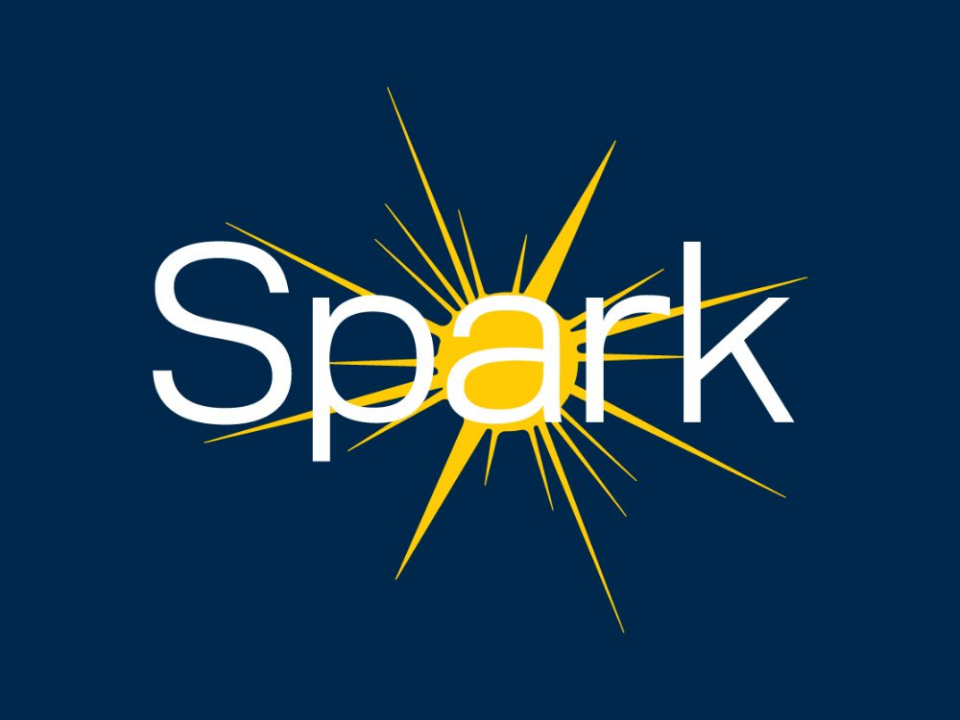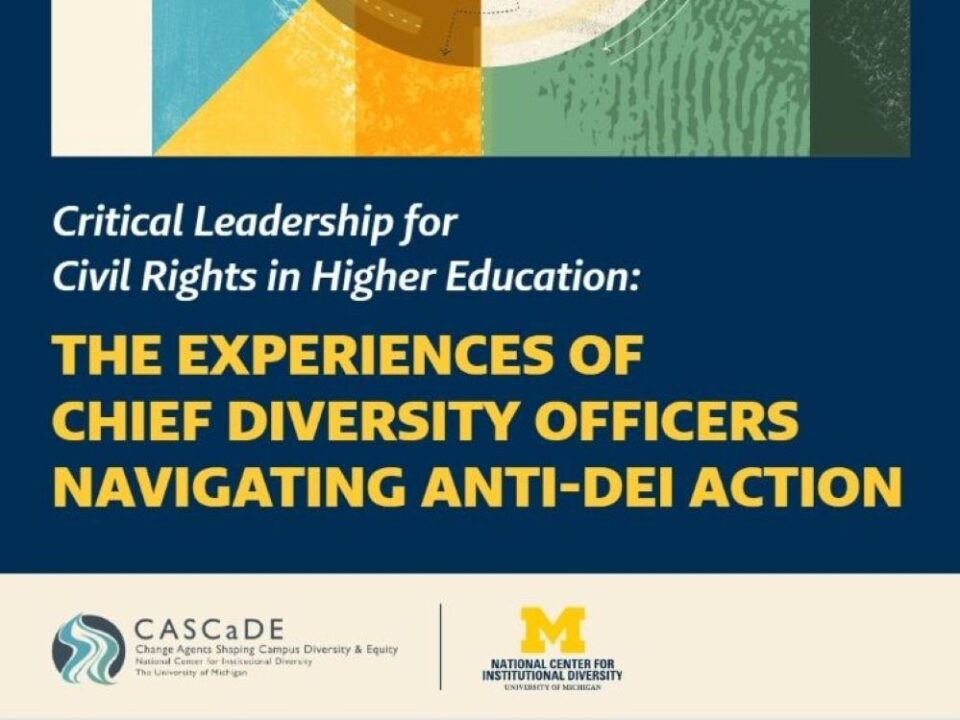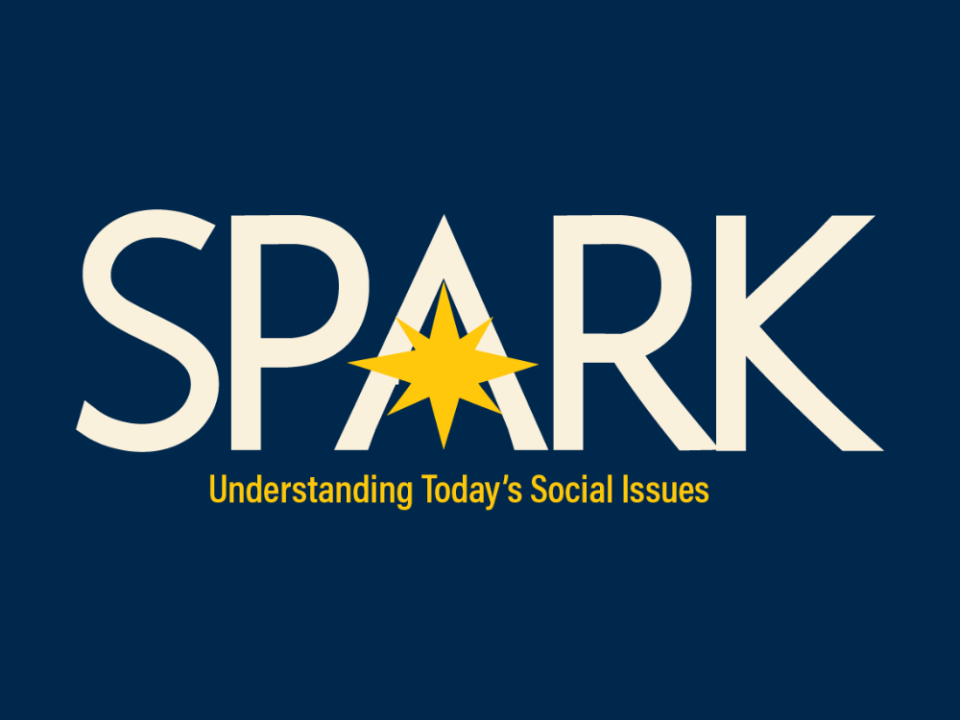- About
- News
- Events
- Initiatives
- Anti-Racism Collaborative
- Change Agents Shaping Campus Diversity and Equity (CASCaDE)
- Diversity Scholars Network
- Inclusive History Project
- James S. Jackson Distinguished Career Award for Diversity Scholarship
- LSA Collegiate Fellowship Program
- University Diversity & Social Transformation Professorship
- Publications & Resources
- About
- News
- Events
- Initiatives
- Anti-Racism Collaborative
- Change Agents Shaping Campus Diversity and Equity (CASCaDE)
- Diversity Scholars Network
- Inclusive History Project
- James S. Jackson Distinguished Career Award for Diversity Scholarship
- LSA Collegiate Fellowship Program
- University Diversity & Social Transformation Professorship
- Publications & Resources
Scholar Story: Austin McCoy
May 8, 2018
NCID Convenes An Advisory Committee Comprised of University of Michigan Leaders
June 15, 2018[May 2018] National Convening on “Engaging Diversity: The Relationship Between Campus Climate and STEM Success”
We are pleased to invite your institutional team to the national convening on “Engaging Diversity: The Relationship Between Campus Climate and STEM Success.” Taking place at the University of Michigan from May 23-24, 2018, this convening is an opportunity to examine institutional strategies to support the success and experiences of underrepresented minority students (URM) in science, technology, engineering, and mathematics (STEM). While there have been national calls to diversify STEM fields and millions of dollars have been invested in science diversity programs, there has been limited progress.
This convening has been designed in collaboration between the National Center for Institutional Diversity (NCID) at the University of Michigan, the Center for Policy Research and Strategy (CPRS) at the American Council on Education (ACE), and the Race and Equity Center at the University of Southern California (USC), as well as leading scholars of higher education: Kimberly Griffin, associate professor of student affairs (University of Maryland), Jeffrey Milem, professor and dean of The Gevirtz Graduate School of Education (University of California, Santa Barbara) and Becky Wai-Ling Packard, professor of education and psychology (Mount Holyoke College).
Historically, there have been two important but separate conversations: 1) culture within STEM disciplines and their exclusionary values and unwelcoming environments, and 2) college campus climate broadly. This convening aims to unify these two conversations and take a holistic approach to promote inclusive learning environments for URM students, because efforts to diversity STEM departments will be unsuccessful if students experience a hostile climate on the campus at large. To learn more about the framing for this convening, we welcome you to read this Higher Education Today blog series developed by diversity scholars across the country.
Over the course of the two-day convening, we are excited to come together and support a multi-institutional and multi-generational community dedicated to supporting the success of URM students in STEM. You and your team will have time to interact around the challenges at your campus and will receive expertise from scholars and leaders in this area. During this convening, we seek to accomplish the following:
-
Provide concrete evidence about the importance of diversity, equity, and inclusion in STEM fields, departments, and the broader campus;
-
Use research and scholarship to engage in focused discussions aimed at creating a common language and understanding that inform institutional policy and everyday decision-making;
-
Utilize agreed upon common language and understanding to help in the development of a shared action plan to enact institutional change, inform policy and practice, and improve the multilayered climates that affect student success;
-
Share tools for understanding, assessing, and improving campus and departmental climate in ways that create engaging educational experiences for all students;
-
Clarify and advance a number of promising recommendations to help guide more inclusive practices at the institutional and departmental level; and
-
Facilitate the formation of communities of practice within and across institutions to create actionable plans that lead to sustained engagement at each participating campus.
We are pleased to welcome teams from: Auburn University, California State University–Fullerton, Duke University, Pennsylvania State University, Princeton University, Texas A&M University, The University of Maryland–College Park, The University of Oklahoma, University of California–Riverside, University of Dayton, University of Michigan, University of Missouri–Columbia, University of Southern California, and University of San Francisco.
We look forward to sharing the next two days with you and other leaders across the nation. Thank you for joining us, and thank you for your commitment to promoting equity and inclusion in STEM.
Sincerely,
Tabbye M. Chavous
Director, National Center for Institutional Diversity
Professor of Education and Psychology
University of Michigan




